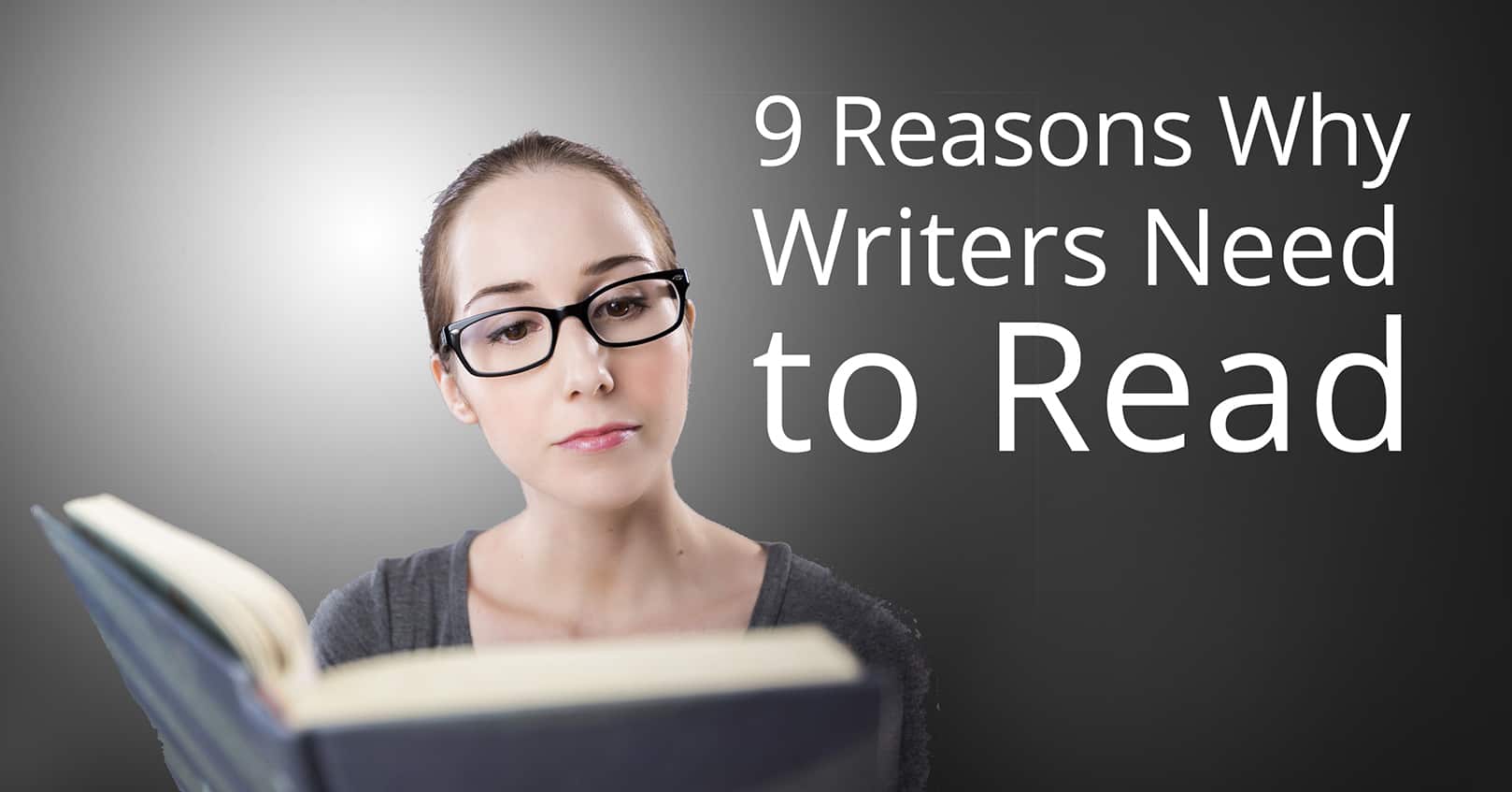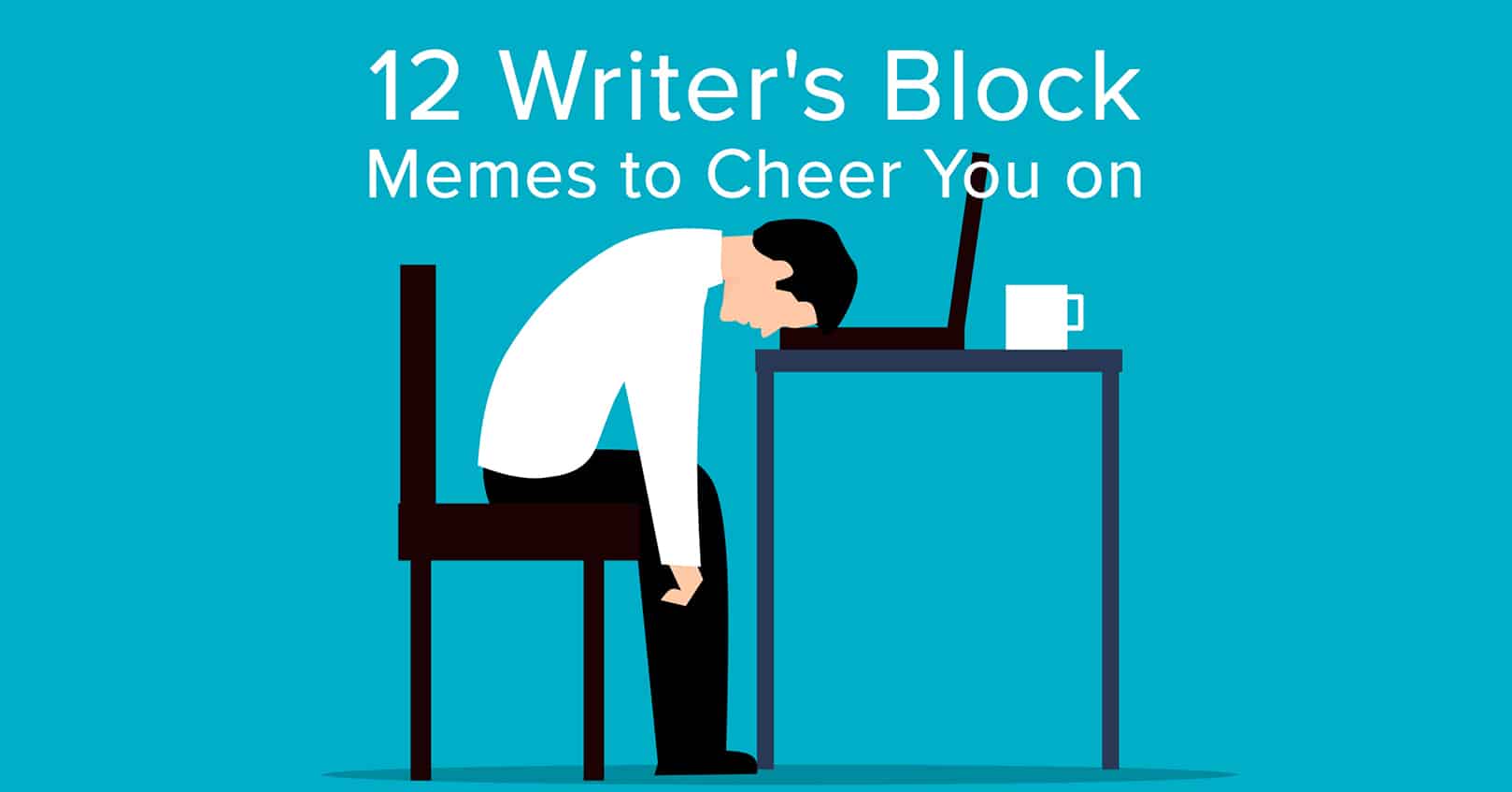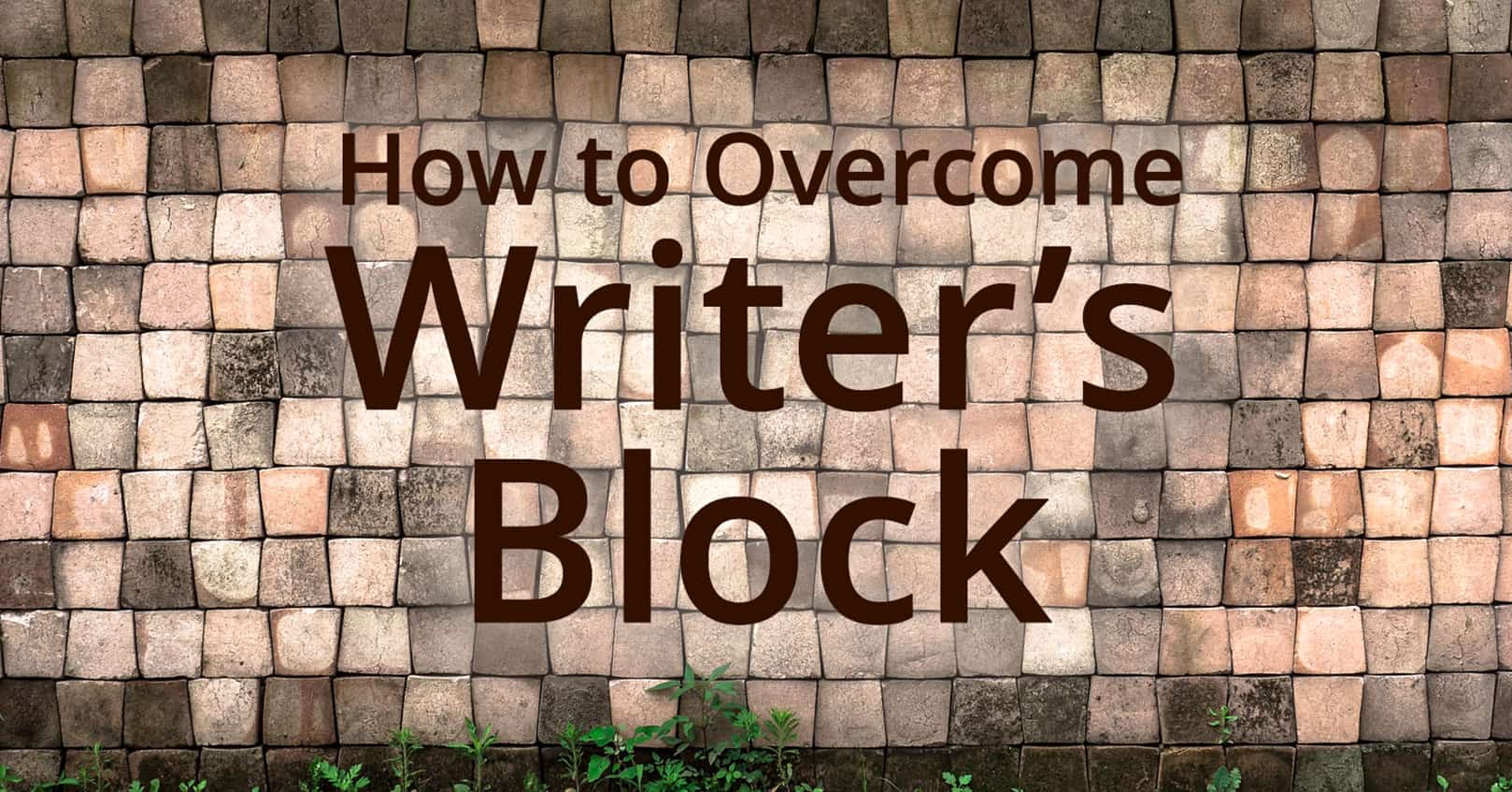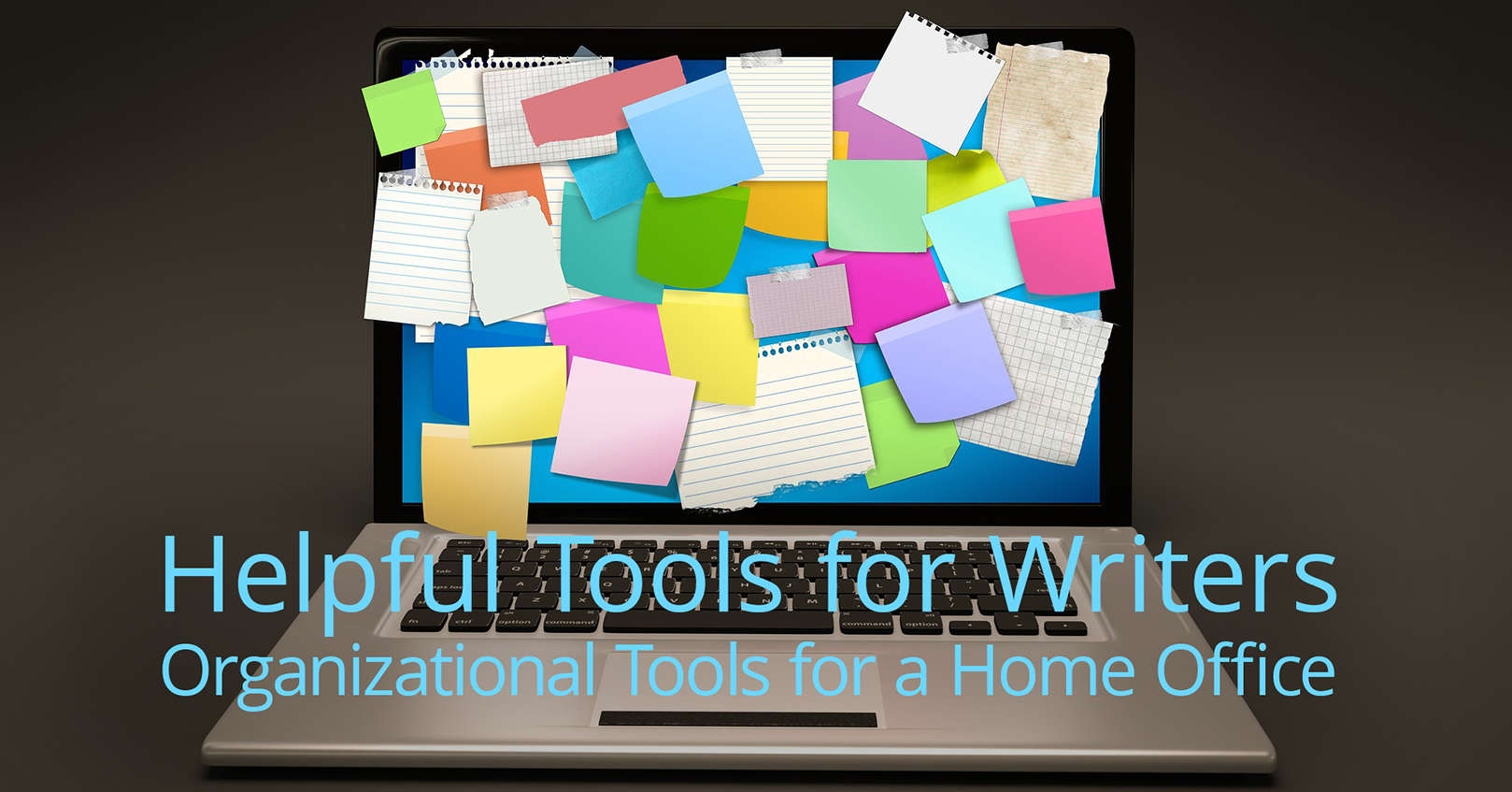
Writers need to read. This statement may seem obvious, but we’ve met several authors who claim not to read. Here are 9 reasons why writers need to read.
1. Reading is part of being a writer.
As a writer, you can’t make a living without people who read. A writer who doesn’t read hasn’t immersed themselves in the world of writing and reading. They cannot be credible. How can a writer expect others to read their work if they don’t put forth their best effort to be aware of currently published works in at least their genre?
2. Reading good writing helps you write better.
What you read influences what you write. The more you read, the more you learn about the art of writing. You can recognize areas that can be improved in others’ writing, as well as areas that are written particularly well, and then apply that to your own writing. You’ll come to recognize what the character development and pacing is well done and when it isn’t. This knowledge can be used to improve your own writing.
Note: we’ve heard that some writers don’t want to read because they are afraid it will influence and taint their writing. However, it is impossible not to already be influenced. TV, movies, and songs are all already influencing you. Being influenced by good writing is better than only being influenced by these other sources. In fact, influence is necessary to grow and become a better writer. A person can never learn to be a chef without trying the food of others and being taught by others. The same can be said of writers.
3. You learn what sells well.
You likely write because you love writing, but you also need to sell your books. By reading what is selling well in your genre, you can see what resonates best with today’s readers and what will sell.
4. Your imagination will grow and you will get inspiration.
Reading is a great way to grow your imagination, which of course is useful in your own writing. You may also find inspiration in the books you read. You may find yourself reading and think, “Well, what if this happened? And what if the character came from this sort of background instead?” This kind of reading can encourage the growth of new ideas for your own writing.
5. You’ll learn more about people.
As a writer, you have to get in the heads of many different kinds of people and bring them to life on a page. That cannot be done in a bubble. One of the ways to learn more about different kinds of people and personalities is to read what others have written and thus examine their perceptions.
6. Reading helps with research about culture and places.
Reading will increase your own experience and knowledge. You may have never thought about making a particular place the setting for your next book until you read a book that mentioned that place. The same can be said for culture. To state a cliché, you don’t know what you don’t know. But reading can help you discover it!
7. Reading expands your vocabulary.
You’ll learn new words while reading, which you can use in your own writing.
8. Reading gives you a break while keeping your mind active and primed for writing.
Taking a break from writing to go read a book can give you the creative break you need to get back to writing with a fresh eye. But it doesn’t completely turn you away from the creative world and keeps your brain active and sharp.
9. Reading is good for you.
Science has proven that reading is good for your brain, and who doesn’t want a healthy brain? Reading keeps your brain sharp as you age, increases empathy, reduces stress, and exercises the brain.
Can you think of any additional reasons why writers need to read? Let us know in the comments below!












Comments